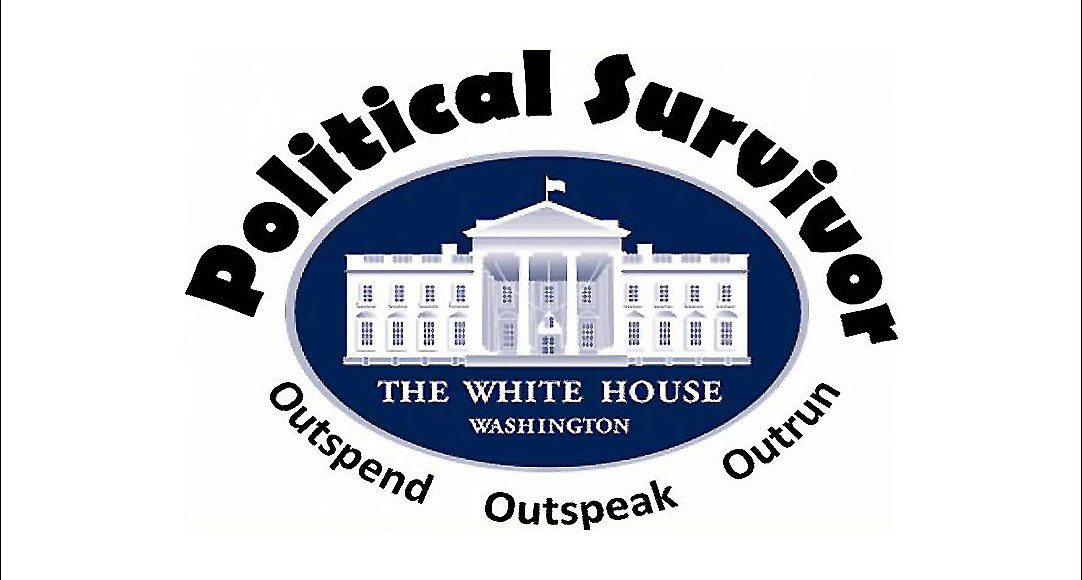Every campaign has at least one noir moment, when (as in film noir) the protagonist tries to do The Right Thing but winds up doing exactly the opposite. That’s a powerful plot device in fiction, getting the lead into deeper and deeper trouble, so that we can personally feel the relief when s/he climbs out of the self-dug hole.
These moments perform a similar function during a campaign, possibly because campaigns involve so much drama and fiction. In fact, I believe that every campaign needs this plot device, because how (or even whether) a candidate survives will make it a Defining Moment. And maybe even turn the election.
Consider Barack Obama’s speech on race in early 2008. He’d already been running for a year, and of course the haters and baiters were out from the beginning. But a scandal of sorts developed around a video of Obama’s former pastor Rev. Jeremiah Wright condemning the USA for racism and killing innocent people.
Forget that our country has indeed practiced racism and killed innocents, the video went viral and “no-drama” Obama was finally being tagged as an angry black man by a simple (if distant) association.
It was the leg up that Obama’s rivals had been hoping for, but he wrested it away from them—and owned it!—with a remarkable speech about race that became a (and maybe even the) Defining Moment in his path to the White House.
Now consider Michael Dukakis looking like a dweeb while riding in a tank. The photo op was supposed to make him look like a savvy commander-in-chief. It went noir to the max and his campaign never recovered.
Interestingly enough, Sarah Palin has something in common with Hillary Clinton, and it isn’t only gender. Consider her ability to brush off a disaster such as her infamous interview with Katie Couric—and any number of other gaffes. Both women retain an unshakably loyal base. But of course Clinton’s base is huge. Palin’s base? Even more loyal, but WAY smaller. Still, enough to keep her in the public eye.
In Great Britain, the noir moment that sank Labour Candidate Ed Miliband was a stone. The “Ed Stone”—now hiding in a London garage—was a monolith bombastic enough to evoke both The Ten Commandments and 2001: A Space Odyssey in a single stroke.
Miliband trotted it out (okay, probably he trucked or craned it in place) inscribed with campaign promises, just a few days before the election. When it flopped, he was ridiculed mercilessly, and he had no time to recover. Nor any plan, apparently. He lost the election by a wider margin than most polls had predicted. Was this gaffe a reason?
He also got his metaphors crossed, not realizing what most political observers take for granted: nothing promised in an election is set in stone.
Jeb Bush managed to step in noir up to his nose after naming his principal foreign policy advisor: his brother. Yes, that would be the former president who dragged us into Iraq on a wild goose chase for nonexistent WMD. (At least Jeb didn’t name Donald Rumsfeld or Dick Cheney.)
But that statement led to a confrontation with a student who told him point-blank: “Your brother created ISIS.” W isn’t solely guilty, but he’s responsible enough. And of course the video went viral. So now we have an opportunity to see how (or if) Jeb can recover. One thing in his favor: he’s got plenty of time to try.
Of course, that’s not all of the W legacy that Jeb must contend with. Hillary Clinton has considerable baggage of her own—including her Senate vote to authorize W’s aggression, which Jeb was savvy enough to cite when he was stepping into that quicksand himself. But she has a huge advantage over Bush in that she’s been under attack by someone almost continuously since 1992; you’re not going to surprise her.
All this renewed discussion of the Iraq war is a good thing, argues Paul Krugman in the New York TimesNew York Times. Oh, yes. The day after Ramadi fell I read a quote in my local paper, a mother weeping that “My son died taking Ramadi.” Now, it does not need to be said, that young died for nothing.
And not to pile on, but ISIS is scoring its victories using American arms, captured in earlier battles (and of course more when Ramadi fell). I feel even more for that mother because the captured and repurposed arms were paid for with my tax dollars.
I desperately want to limit the ways that figurative cowboys can plunge us into a war. But that’s a hard task when we live in a country where you need instruction and a license to drive a car but none of that to fire a gun.
Jeb’s nonspecific defense “Mistakes were made” reminds me too much of the darkly hilarious Life in Hell comic strip, comic strip, where little one-eared rabbit Bongo always used the same admission to acknowledge fault while deflecting blame. Bongo and Jeb both mean: somebody fucked up but I’m not saying who. But then Jeb names his brother as his foreign policy advisor, and listens to others from that administration as well—the very people who made the bad decisions!
I have the same reaction to that B.S. that I did when Obama hired Lawrence Summers and Timothy Geithner to fix the very financial crisis that their theories and policies had helped create.
In both cases: WTF were you thinking?
Political Survivor #6





